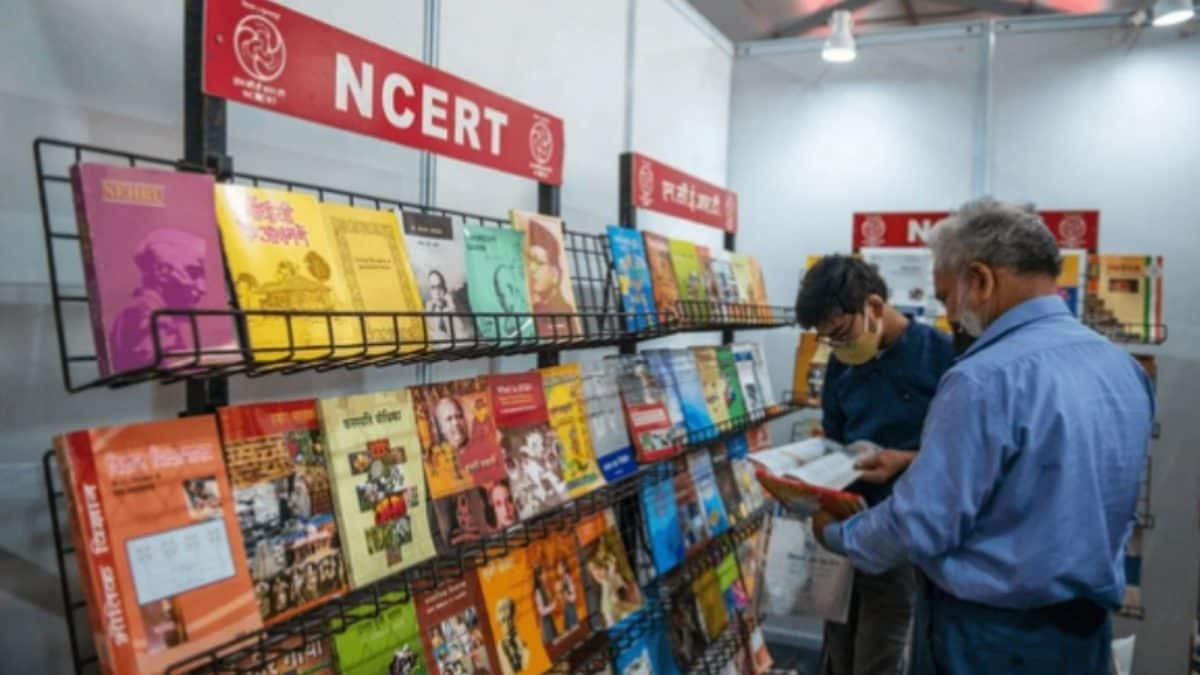Last Updated:
The NCERT has developed two modules – ‘Swadeshi: Vocal for Local’ for middle school students and ‘Swadeshi: For a Self-Reliant India’ for the secondary stage.

NCERT Rolls Out ‘Swadeshi’ Modules, Connects 1905 Movement To PM Modi’s Call For Aatmanirbhar Bharat
The National Council of Educational Research and Training (NCERT) has unveiled two new modules on Swadeshi, tracing the movement’s journey from its inception in 1905 to Prime Minister Narendra Modi’s present-day call for Aatmanirbhar Bharat. The initiative aims to connect India’s freedom struggle with the modern pursuit of self-reliance.
Prime Minister Modi, in his Independence Day address this year, described self-reliance as the “bedrock of a developed India”. Later, in an interaction with national award-winning teachers, he urged educators to lead campaigns alongside their students to promote Indian products and encourage “Vocal for Local” initiatives.
Recommended Stories
Two modules for schools
The NCERT has developed two modules – ‘Swadeshi: Vocal for Local’ for middle school students and ‘Swadeshi: For a Self-Reliant India’ for the secondary stage. These carry excerpts from the Prime Minister’s Independence Day speech, while also revisiting the historical origins of the movement.
The modules recall how Swadeshi became a rallying cry during Bengal’s partition in 1905, when British imports devastated Indian artisans. It was not only about rejecting foreign goods but also about creating Indian alternatives. Examples cited include Prafulla Chandra Ray’s Bengal Chemicals (1901) and Jamsetji Tata’s Iron and Steel Company (1907).
The materials also highlight Mahatma Gandhi’s advocacy of Swadeshi in education, and Rabindranath Tagore’s view of self-reliance as the ultimate test of freedom. Former Rajya Sabha MP Tarlochan Singh, however, has urged NCERT to acknowledge Baba Ram Singh of the Namdhari sect, who he said had launched a Swadeshi movement as early as 1860.
The modules emphasise India’s recent achievements in space, defence, and healthcare as examples of modern self-reliance. They connect the historical movement to contemporary programmes such as Make in India, Startup India, Digital India, and Aatmanirbhar Bharat.
They also argue that building trust in Indian brands like Amul in dairy, ISRO in space, and Ayurveda in wellness will strengthen the nation’s manufacturing base and global reputation.
Swadeshi in the digital age
One section introduces the idea of “Swadeshi AI”, highlighting the importance of developing homegrown artificial intelligence solutions to reduce dependence on foreign technologies such as OpenAI’s ChatGPT or Google’s Gemini. The modules stress that indigenous AI could protect India’s data sovereignty and meet local needs, including multilingualism, agriculture, and governance.
Drawing comparisons with Vietnam and Israel, the modules underline how strategic self-reliance has empowered nations. “In 1905, Swadeshi gave strength to fight colonial exploitation. In 2025, it guides us towards Aatmanirbharta in a globalised, technology-driven world,” the text notes.
By revisiting India’s freedom struggle and linking it with 21st-century challenges, NCERT’s modules seek to instil a spirit of innovation, resilience, and pride in homegrown solutions among the next generation.
About the Author
Shuddhanta Patra, a seasoned journalist with eight years of experience, serves as Senior Sub‑Editor at CNN News 18. With expertise across national politics, geopolitics, business news, she has influenced public…Read More
Shuddhanta Patra, a seasoned journalist with eight years of experience, serves as Senior Sub‑Editor at CNN News 18. With expertise across national politics, geopolitics, business news, she has influenced public… Read More
Delhi, India, India
October 04, 2025, 09:04 IST
Loading comments…
Read More



